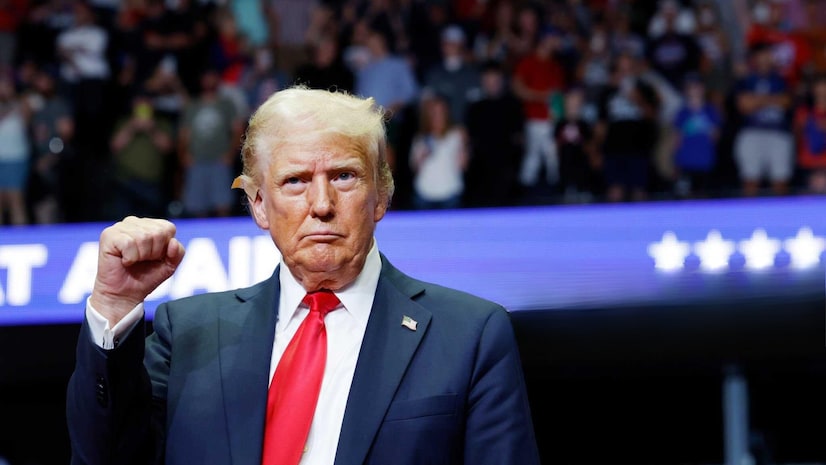
simply amazing, always for you.
Mar-a-Lago, Florida — In a striking press conference held at his Mar-a-Lago estate on Tuesday, President-elect Donald Trump unveiled an aggressive foreign policy agenda centered on U.S. territorial expansion. Trump, set to take office in January, hinted at the possibility of using military, economic, and diplomatic leverage to acquire Greenland, reclaim control of the Panama Canal, and annex Canada as the 51st state. These remarks have drawn sharp criticism from international leaders and sparked a global debate.

Greenland: A Renewed Push
Trump reiterated his interest in acquiring Greenland, an ambition he first floated during his presidency in 2019. Citing its strategic location and potential for natural resource development, Trump declared, “Greenland is essential for America’s security and future prosperity.”
While he stopped short of explicitly calling for military action, Trump did not rule out coercive measures. He warned Denmark, which governs the territory, of “very high tariffs” should they refuse to negotiate. Notably, Donald Trump Jr. recently visited Greenland, fueling speculation about behind-the-scenes talks.
Panama Canal: “It Belongs to Us”
Trump also set his sights on the Panama Canal, a vital waterway for global trade that was ceded to Panama under the Torrijos-Carter Treaties in 1977. He criticized former President Jimmy Carter’s decision to transfer control, labeling it “one of the worst deals in U.S. history.”
“Reclaiming the Panama Canal is not just about trade; it’s about restoring American pride,” Trump asserted. He left open the possibility of military intervention, adding, “We will explore all options to ensure that the canal serves American interests.”
Canada: A Bold Annexation Plan
Perhaps most audaciously, Trump proposed incorporating Canada as a U.S. state. He suggested using “economic force” to achieve this goal, including imposing severe tariffs to pressure Canadian leaders.
“Canada’s lax policies on immigration and trade are hurting America,” he claimed. “Making Canada our 51st state would benefit both nations.”
The proposal was met with immediate backlash from Canadian officials, who emphasized their sovereignty and dismissed the idea as “absurd.”
Renaming the Gulf of Mexico
In a move symbolic of his expansionist vision, Trump announced plans to rename the Gulf of Mexico the “Gulf of America,” stating that it would “better reflect our dominance in the region.” Critics dismissed the suggestion as unnecessary posturing, while supporters applauded the symbolic assertion of U.S. influence.

International Backlash and Domestic Divides
The international community reacted swiftly. Denmark, Panama, and Canada issued firm rejections of Trump’s proposals, with Danish Prime Minister Mette Frederiksen calling the Greenland suggestion “completely unrealistic.” Panama’s government dismissed the idea of relinquishing control of the canal, while Canadian Prime Minister Justin Trudeau reaffirmed Canada’s independence.
Domestically, Trump’s remarks have polarized Americans. Supporters praised his boldness, framing it as a continuation of his “America First” agenda. Critics, however, warned of the diplomatic and military risks such actions could entail.
What’s Next?
As Trump prepares to assume office, his rhetoric signals a dramatic shift in U.S. foreign policy. Whether these ambitious plans will materialize remains uncertain, but they have already ignited fierce debate about the future of American global influence.
“This is just the beginning,” Trump concluded. “We’re going to make America bigger, stronger, and more dominant than ever before.”
